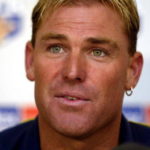Cricket’s Worst Days: The Controversies and Scandals in the Cricket World Game – Part II
The Text-Gate of
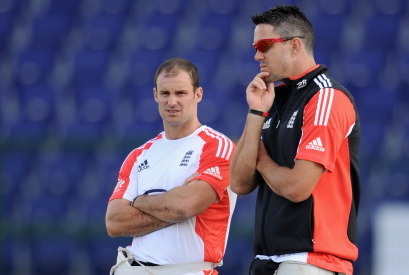
Kevin Pietersen’s tumultuous partnership with English cricket began to worsen in 2012, after the star batsman appeared and sent contentious messages to his South African colleagues regarding his squad in England. The prominent stroke-maker was originally removed after it was revealed that the messages included disparaging comments regarding England’s captain Andrew Strauss. Pietersen brushed off the uproar, maintaining that it was nothing more than joking. A further troubling study later appeared, however, stating that the South African-born batsman had passed on details to his opponents as to how to precisely bowl to Strauss in order to claim his wicket. Pietersen was in detention until being recalled to the squad under Alastair Cook following Strauss’ retirement.
Muttiah Muralitharan Perform No-Ball in Australia
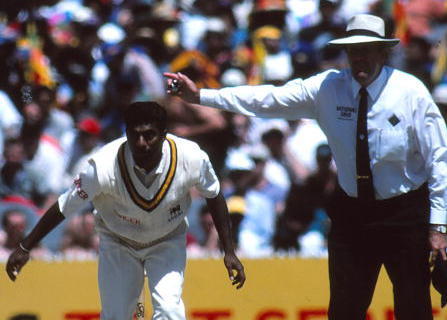
In front of 55,000 spectators at the Melbourne Cricket Ground on Boxing Day in 1995, Muttiah Muralitharan was no-balled by Darrell Hair for an unauthorized bowling move. It was the tipping point of the stressful cricket summer in Australia. Speculation was followed by the test, with a handful thinking that Hair was able to no-ball the spinner, but none felt the theory would come to fruition. However, when the umpire consistently struggled to tie up the notorious spinner, outrage spread through the renowned field. At first, the Sri Lankans assumed that Hair had called for a front-foot breach, however when it became obvious that this was not the case, there was a burst of anger. Sri Lankan captain Arjuna Ranatunga told his colleagues not to lock hands with Australian players in the next one-day series; the emotions stayed strong when the squad returned in 1999 after Ross Emerson saw no-ball Muralitharan in Adelaide.
The Drug Scandal with Shane Warne
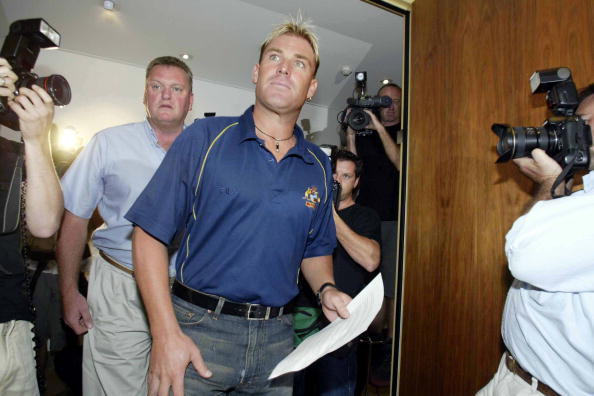
In 2003, the Australian World Cup bid was briefly ruined after it was revealed that Shane Warne had tested positive for banned diuretic on his recovery from shoulder injury. Naive Warne claimed that the diuretic had been intended to improve its strength, despite the substance’s correlation with weight reduction and fluid draining. Nevertheless, diuretics are often used as a masking agent for performance-enhancing substances, which led the World Anti-Doping Agency to conclude that something more dangerous was at risk. Warne returned home to Australia, missed the effective defending of his nation’s 1999 title, and was then hit with a one-year suspension.
Sydney Cricket Test 2008
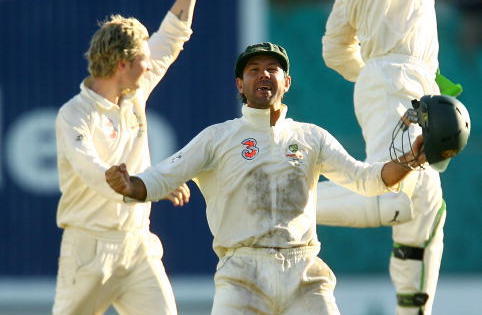
In dwindling light at the Sydney Cricket Ground in 2008, Australia declared a final victory over India in what was one of the most intense tests in memory. Shocking umpiring errors marred the entire match, heightening the fraught bond between the sides to the extent that premature celebrations and allegations of bigotry ruined the gleam of a historic Australian victory. Harbhajan Singh and Andrew Symonds began their simmering dispute, prompting Ricky Ponting to disclose to the match referee what he felt was a highly racial jibe. The visitors were discouraged by Australia’s reliance on a controversial low grab to refute Sourav Ganguly, as well as the lavish reactions of the home side as they declared victory. That led Indian captain Anil Kumble to slam Australia’s lack of sportsmanship in a manner close to Bill Woodfull’s remarks regarding “Bodyline” in 1932-33. Harbhajan was subsequently suspended for three matches, tourists tried to boycott the series, and a famous Australian journalist called for Ricky Ponting to be fired.
The Monkey Gate Saga
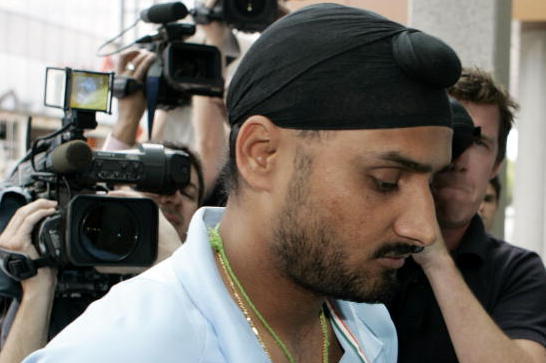
The monkey-gate controversy that came to the fore in the 2008 Sydney Test has its roots in India’s triumph at the inaugural ICC World Twenty20. India beat Australia in the semi-finals before beating Pakistan in the finals of the match, watching the Indian team celebrating with uninhibited jubilation. Australia’s Andrew Symonds was dismissive of the way India celebrated, which received a furious response from Harbhajan Singh, who struck the powerful all-rounder immediately. When the teams renewed warfare in a one-day series in India later that year, Symonds was the target of “monkey” crowd chants, with news even stating that Harbhajan had entered the crowd. No action was taken at the moment, but the problem was at the forefront of the Sydney Test only months later, when the off-spinner made a comment that was perceived as the same “monkey” slurs levied at Symonds in India. Harbhajan imposed a three-match suspension, but was subsequently cleared of racial comments after an appeal trial had been completed on 28 January.
Marlon Samuels’ Match-Fixing Case
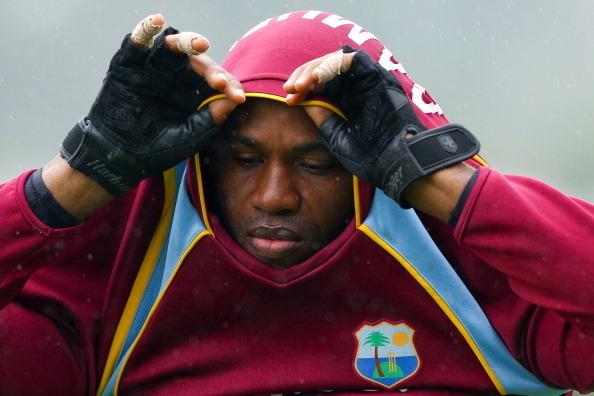
During what was a tumultuous 12-month affair, Marlon Samuels was charged with corruption after cheating and match-fixing charges were directed at the West Indian batsman. The allegations were based on an inquiry by the West Indies Cricket Board of Inquiry into events involving Samuels’ interactions with bookmakers in the run-up to One Day International Against India in Nagpur in 2007. Excerpts from telephone conversations between Samuels and bookmaker Mukesh Kochchar were retrieved, suggesting that the West Indian had received extensive matching details. Samuels also refuted the charges. Nevertheless, following a suggestion by the West Indies Commission that the batsman will not be suspended, the ICC has placed a two-year exile on the West Indians.


